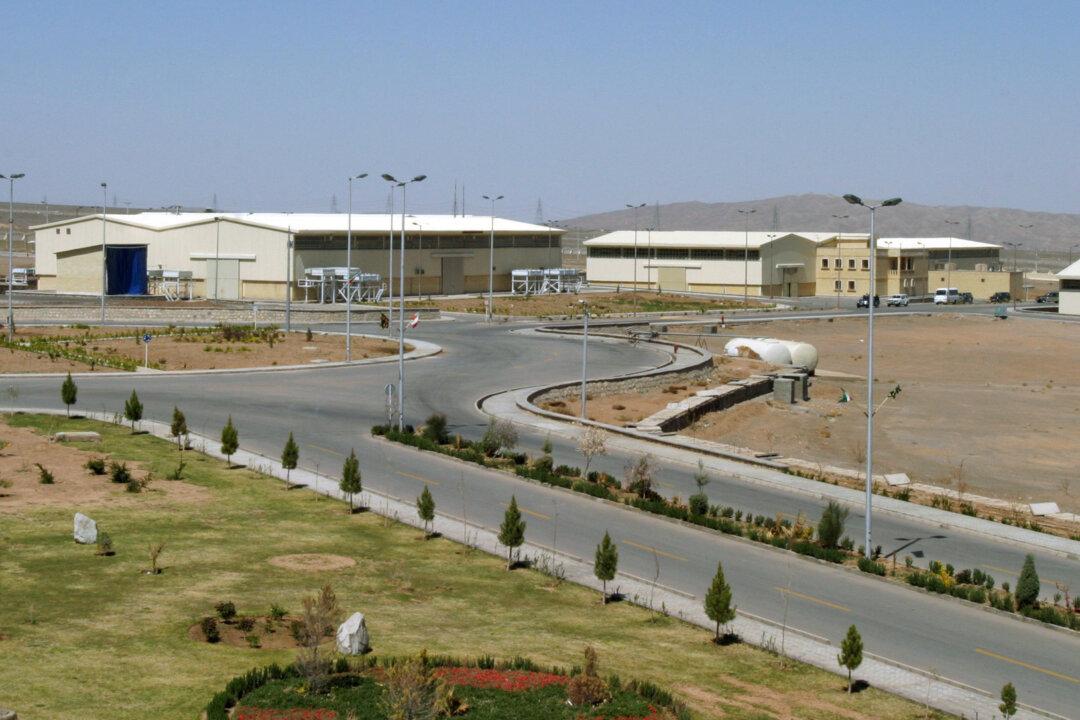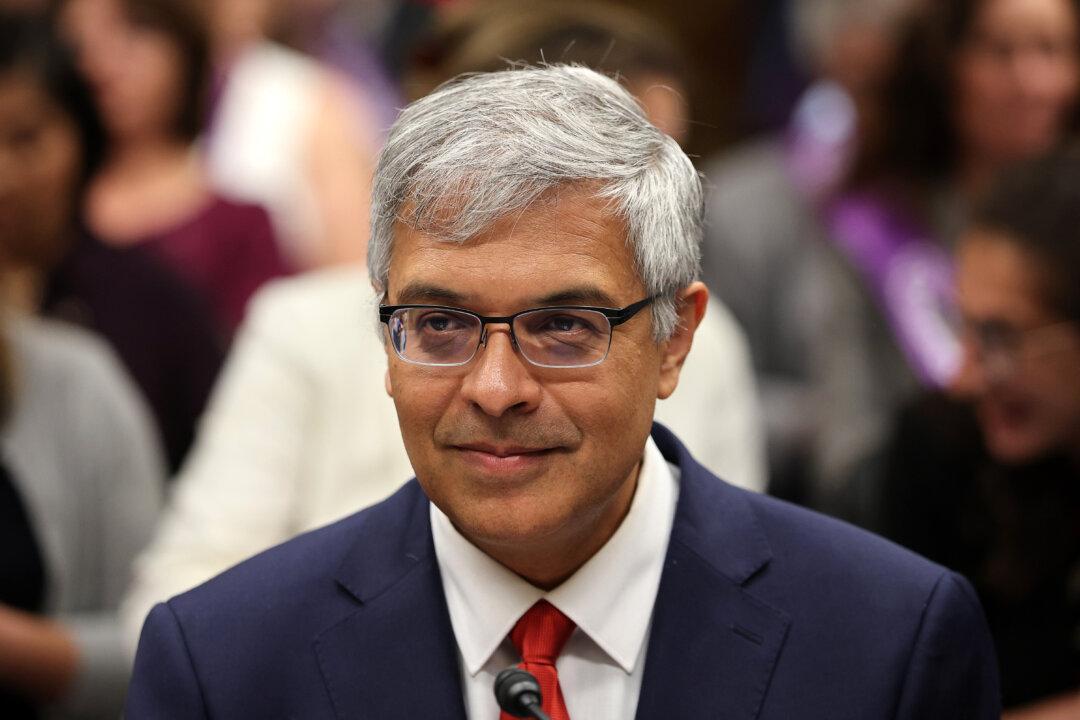The Iranian regime has begun producing uranium metal, in violation of the 2015 nuclear deal that Tehran agreed to with world powers, according to the United Nations’ atomic watchdog agency.
International Atomic Energy Agency (IAEA) head Rafael Grossi told member nations that his inspectors confirmed on Feb. 8 that 3.6 grams of uranium metal had been produced at Iran’s Isfahan plant, the Vienna-based organization said.





